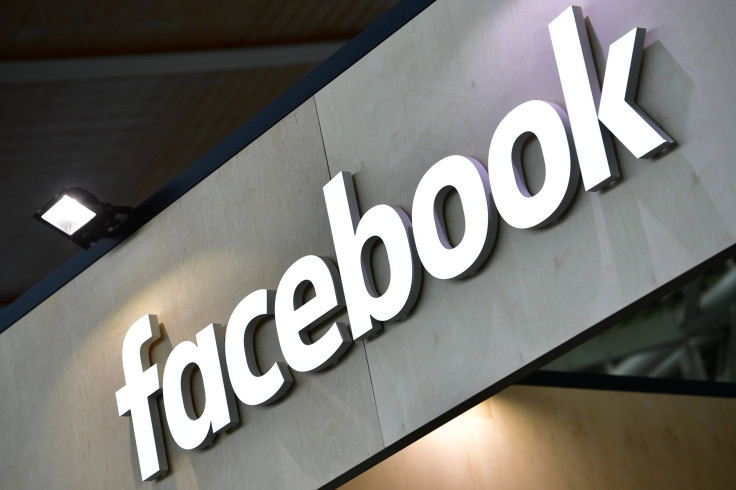Advertisers Can Target Facebook Ads Based On Two-Factor Authentication Phone Numbers

Once again, it seems Facebook may not be as transparent about user information and advertising practices as the social network claims to be. The company came under the spotlight for privacy violations again on Wednesday after a Gizmodo report concluded Facebook offered contact information, ostensibly provided for the sake of privacy, to advertisers for their targeted marketing operations.
Gizmodo’s report is focused on “shadow contact information,” a name for the type of data Facebook has on users that the users did not explicitly hand over to the site, nor can they see or manage. For example, if one Facebook user uploads their mobile contact information to the Facebook mobile app in order to “find friends,” those other users’ phone numbers then live in the system and can be used for targeted advertising.
A group of researchers from Northeastern University and Princeton University conducted real-world tests using landline phones to reach these conclusions. Perhaps the most novel revelation is that phone numbers given to Facebook for two-factor authentication could be used by marketers.
That meant users could be force-fed highly personalized ads based on phone numbers or other contact information they may have deliberately never given to Facebook, or gave to Facebook for the sake of increased security. Facebook admitted to the practice in a statement, published in full by TechCrunch.
“We use the information people provide to offer a better, more personalized experience on Facebook, including ads,” Facebook’s statement said. “We are clear about how we use the information we collect, including the contact information that people upload or add to their own accounts. You can manage and delete the contact information you’ve uploaded at any time.”
Facebook recommended users who want a second layer of account security without being targeted by advertisers use something other than a phone number, a feature the site only added in May.
Mark Zuckerberg’s massive social network has seen increased public scrutiny over its data practices in 2018, thanks in large part to the Cambridge Analytica scandal. Facebook is a social network on the consumer side, but it generates revenue primarily from also being the second largest digital advertising network in the world.
Facebook introduced a new policy in June that required advertisers to disclose where they had gotten customer information. However, the disclosures are not highly specific.
© Copyright IBTimes 2024. All rights reserved.





















